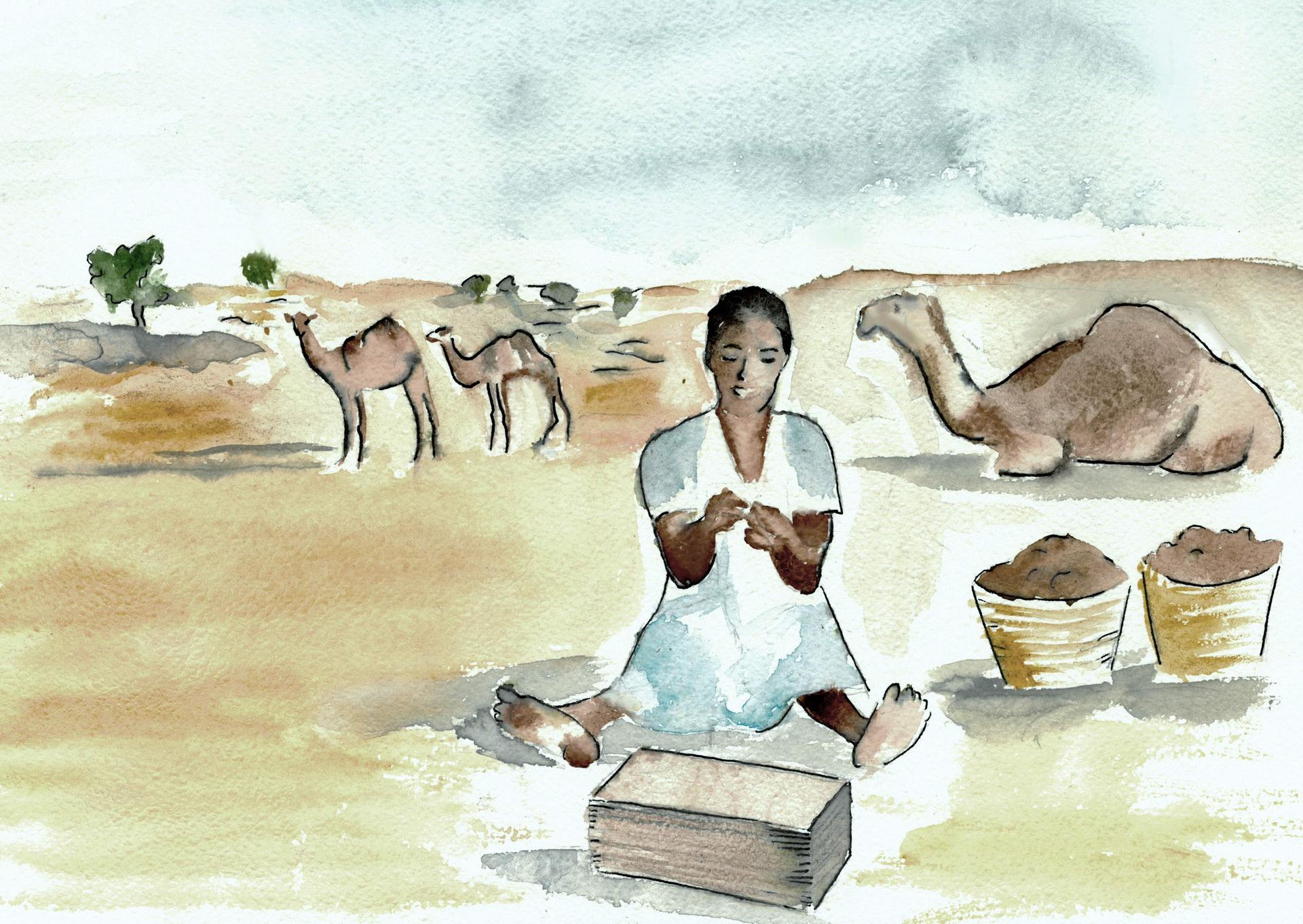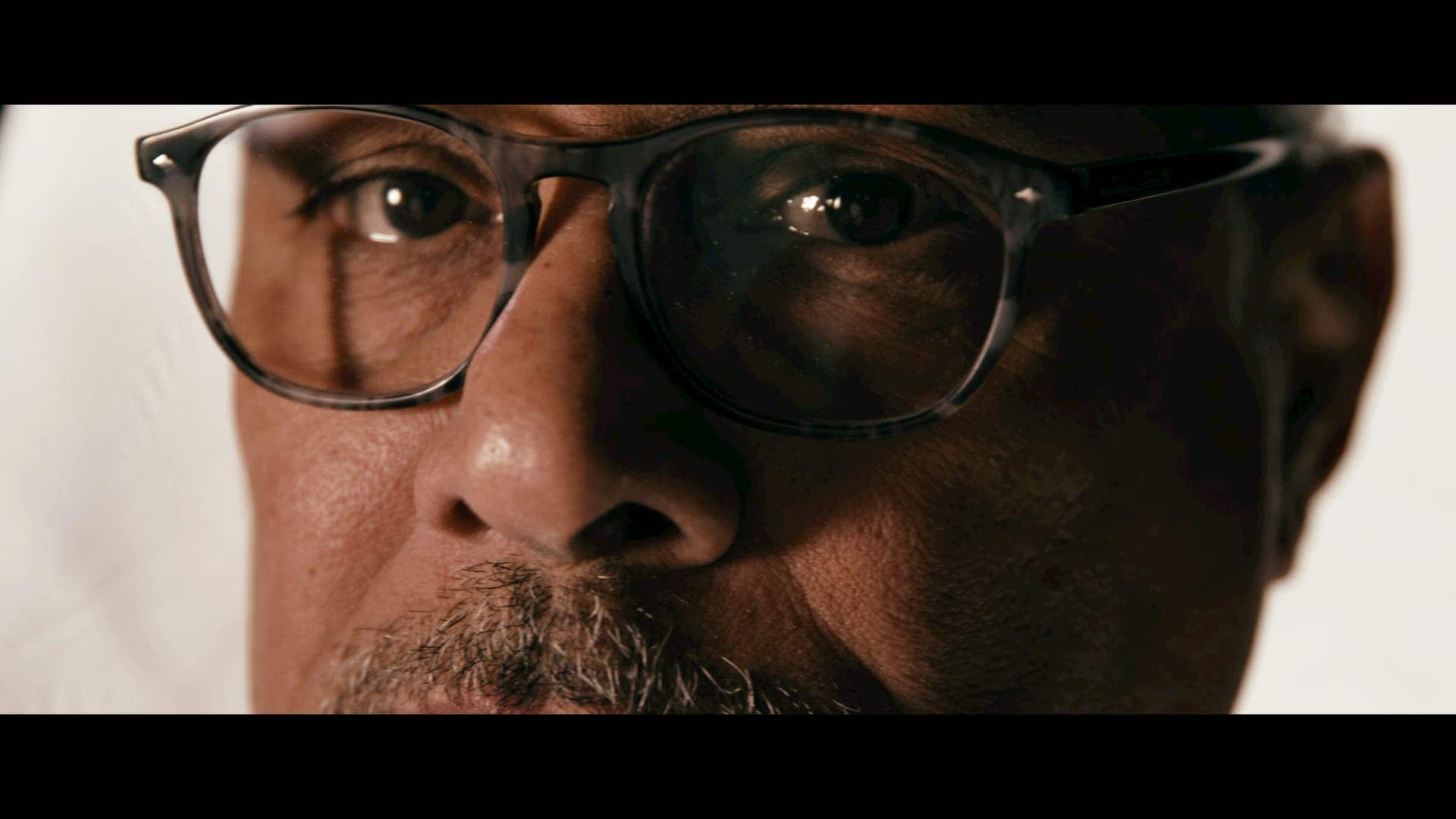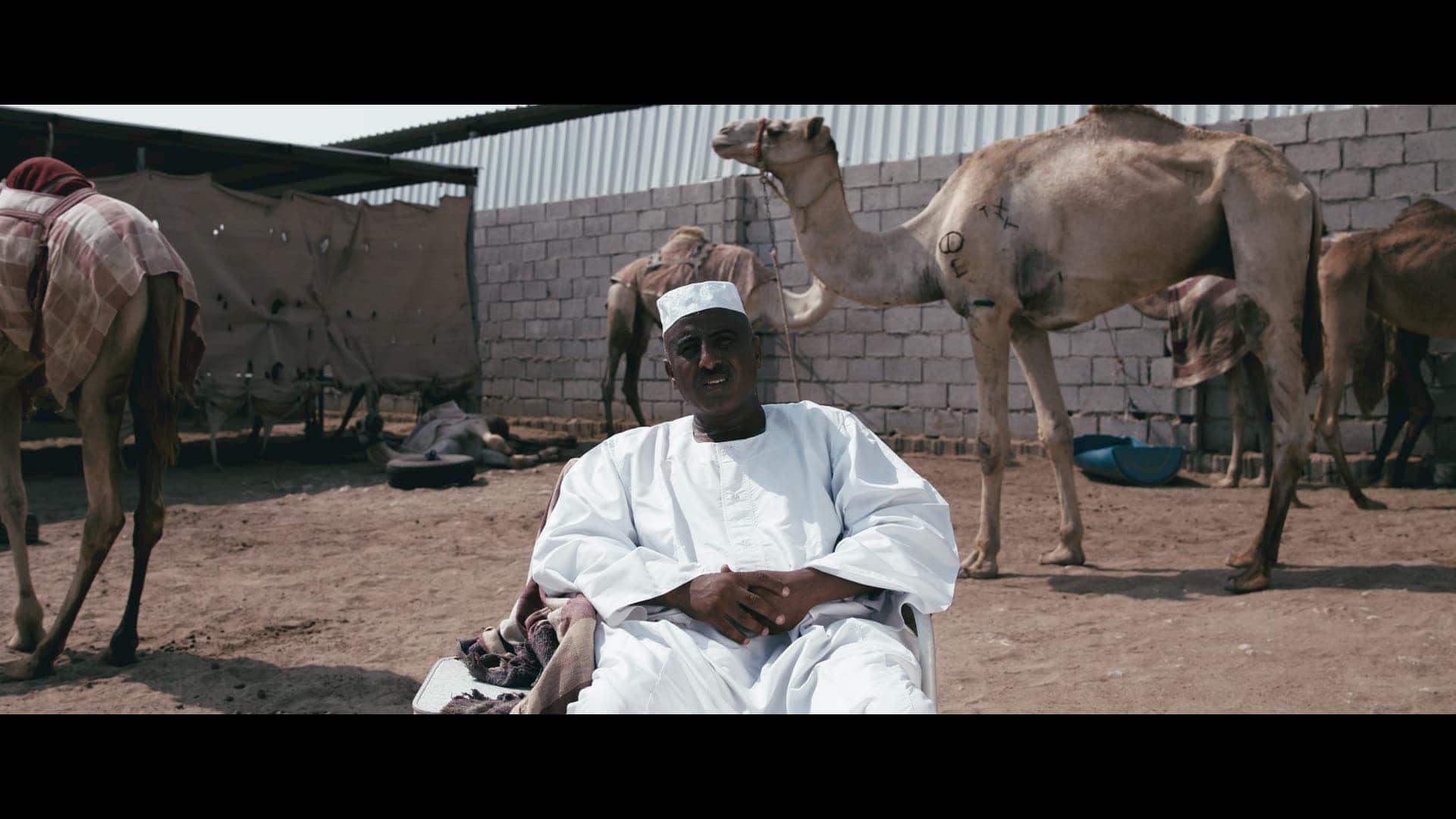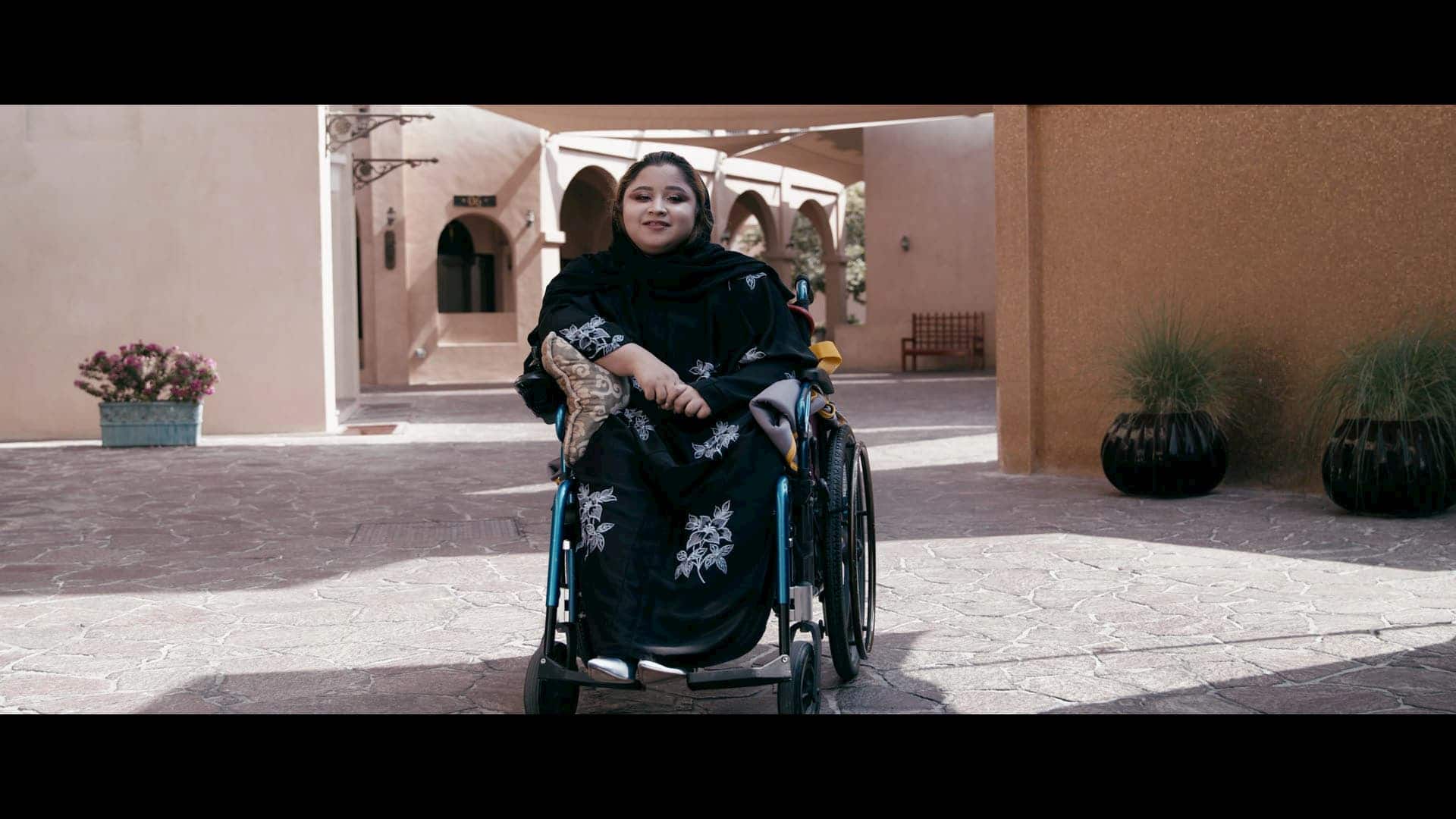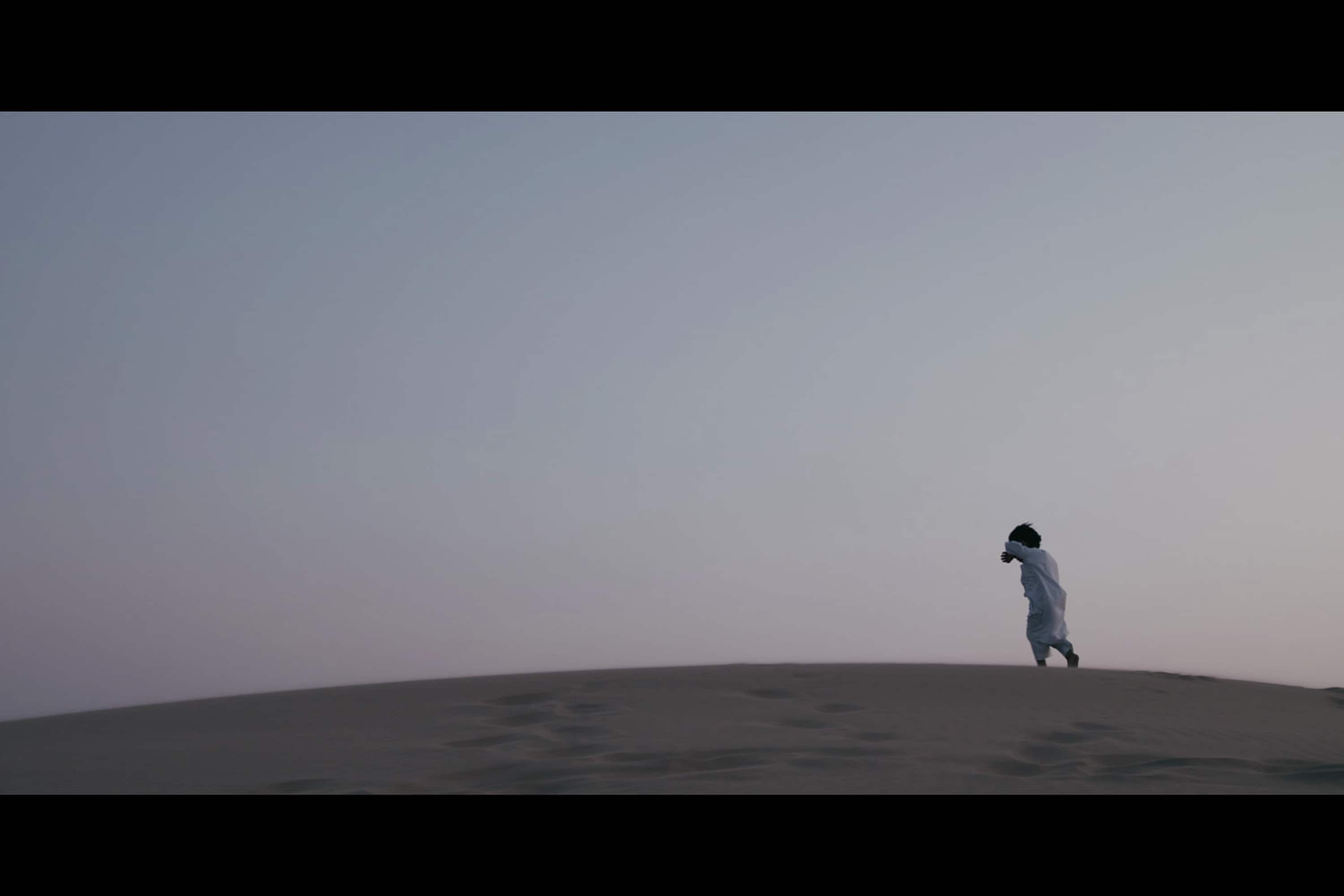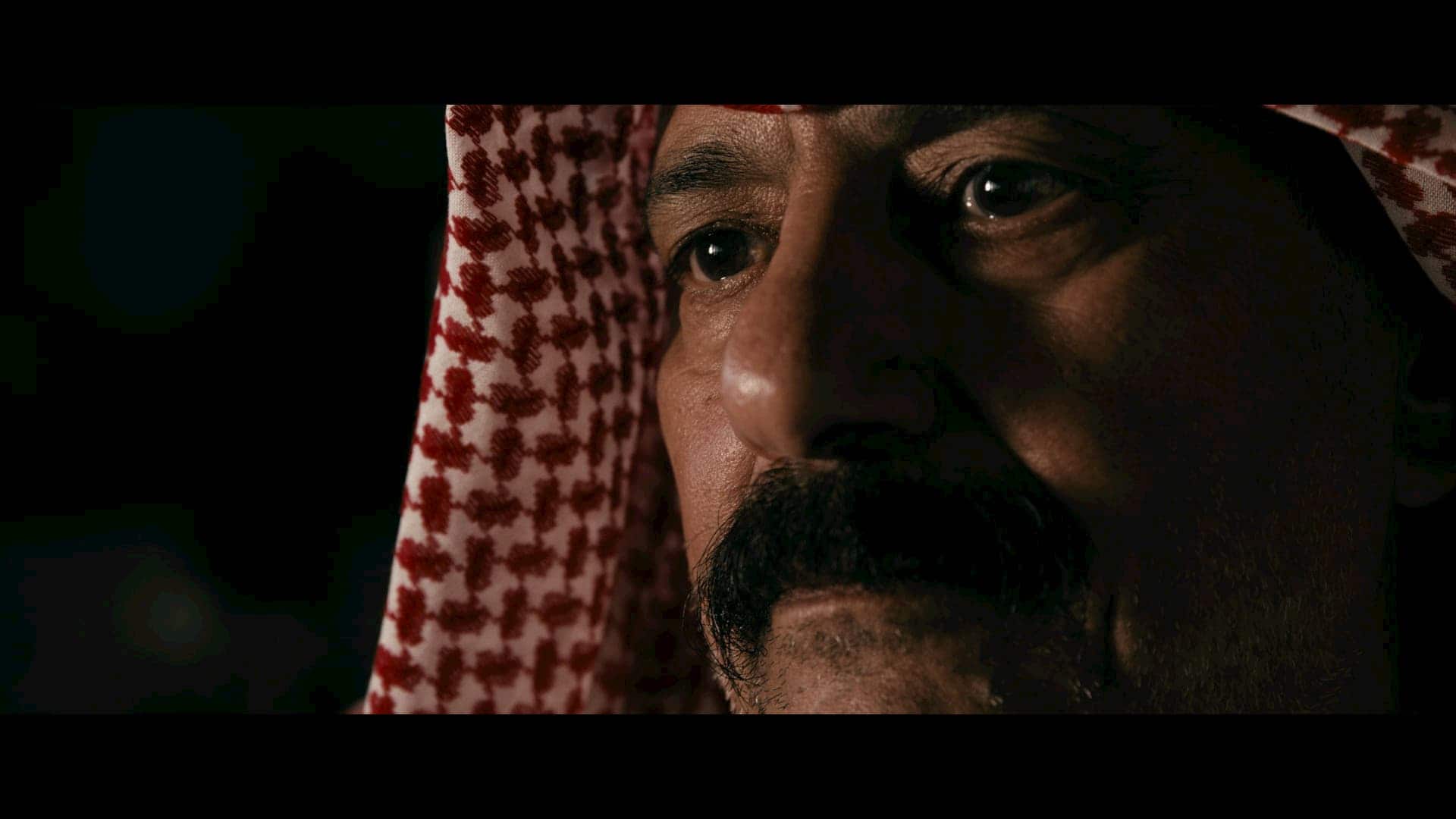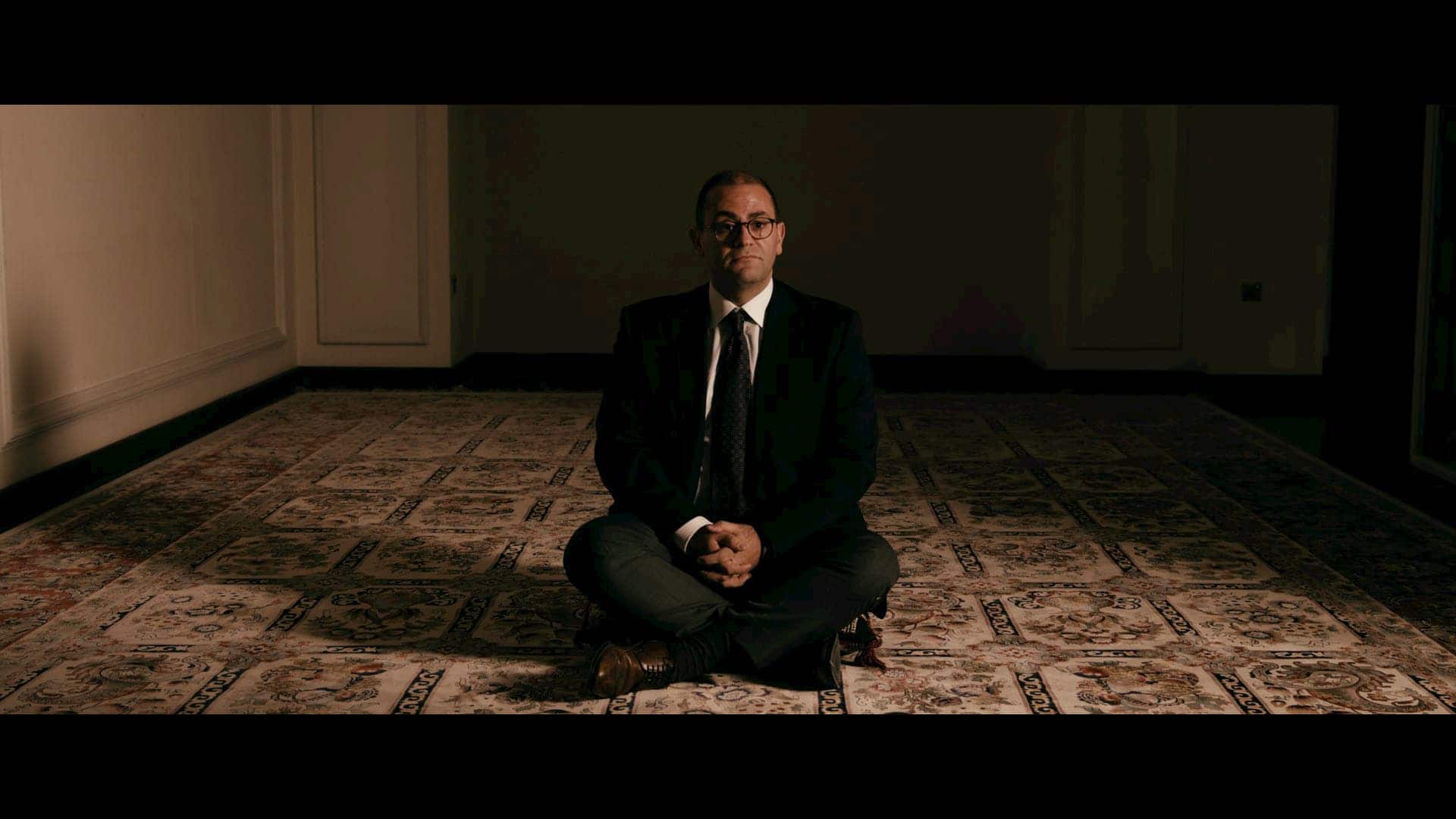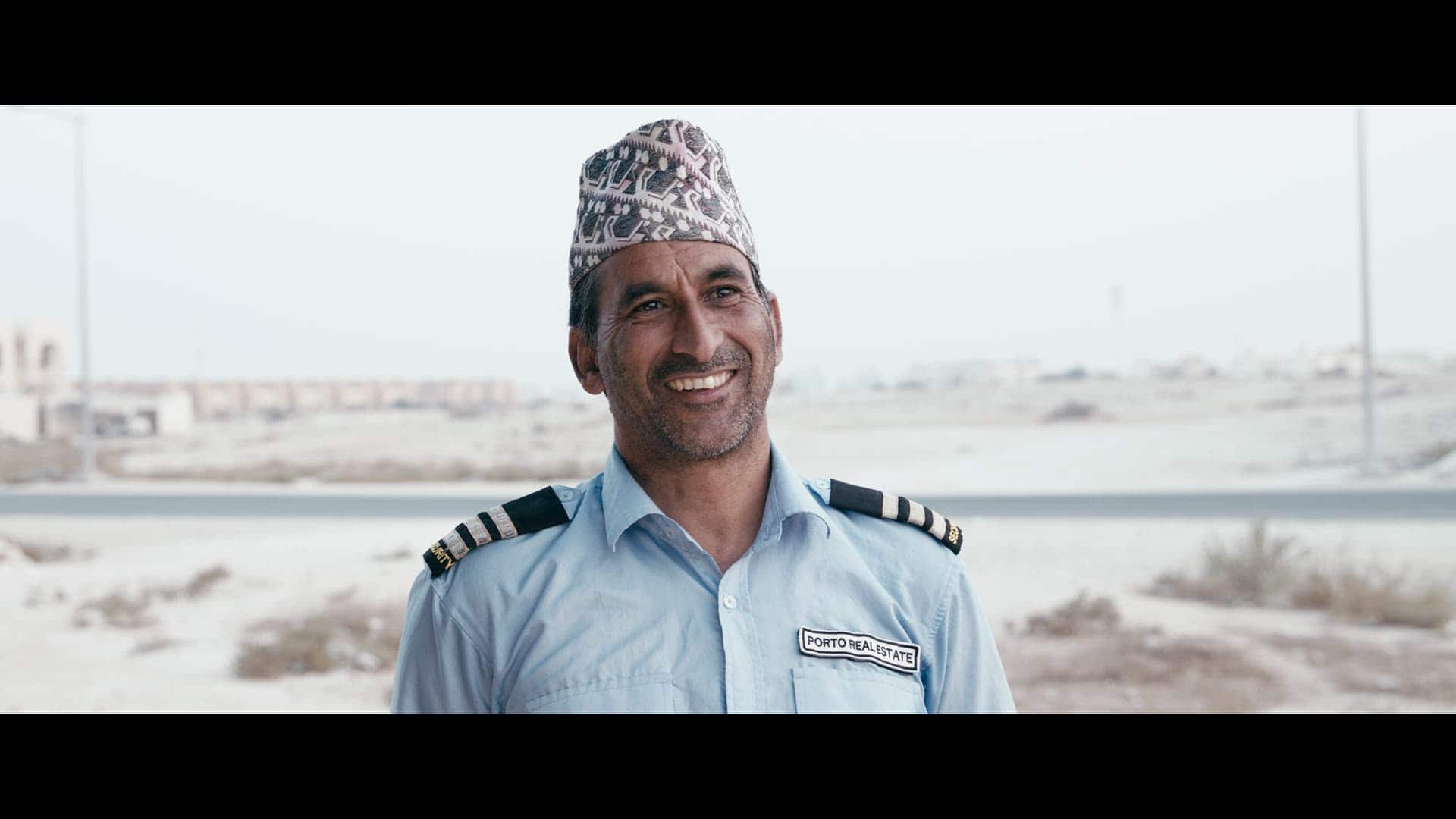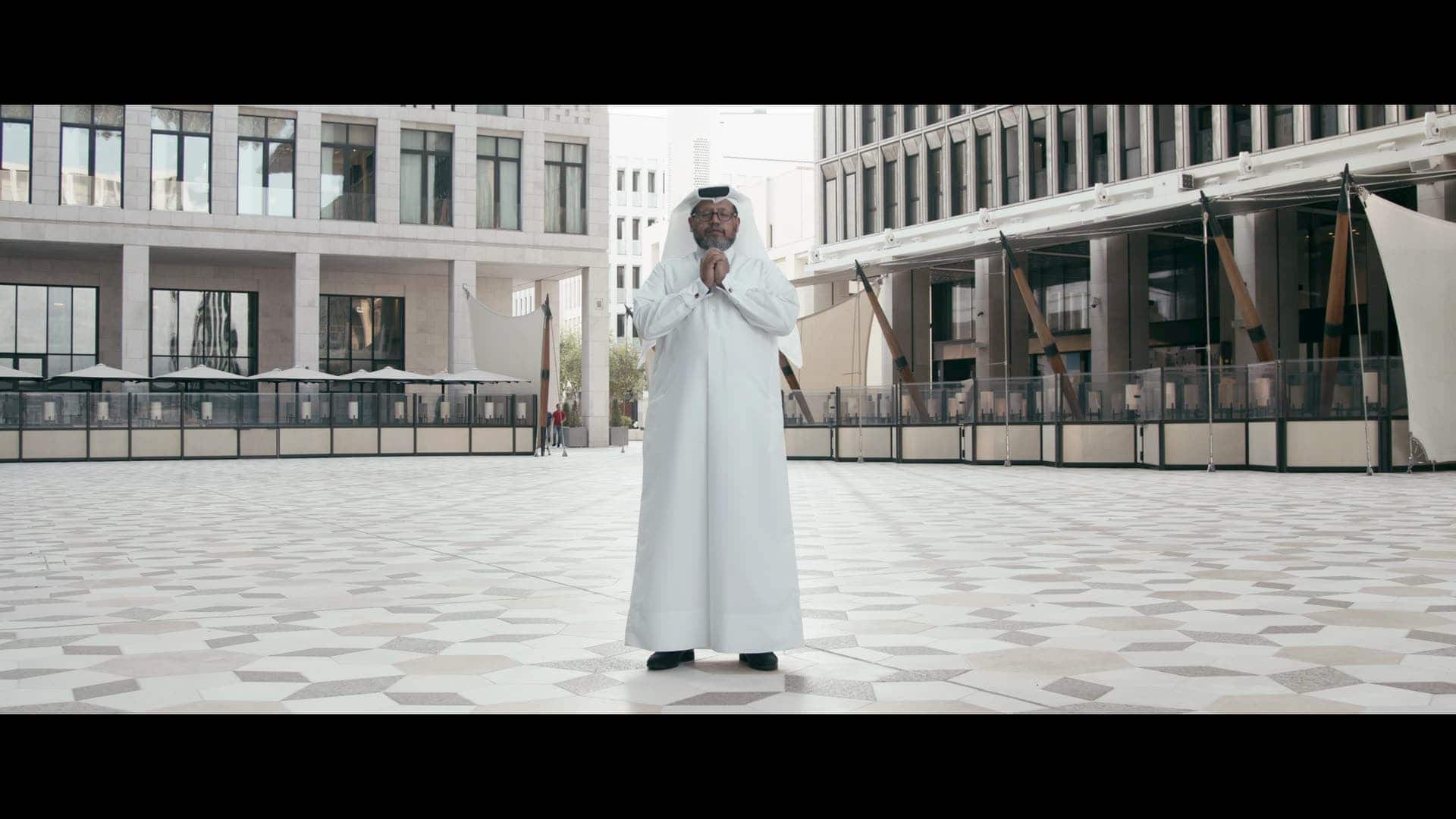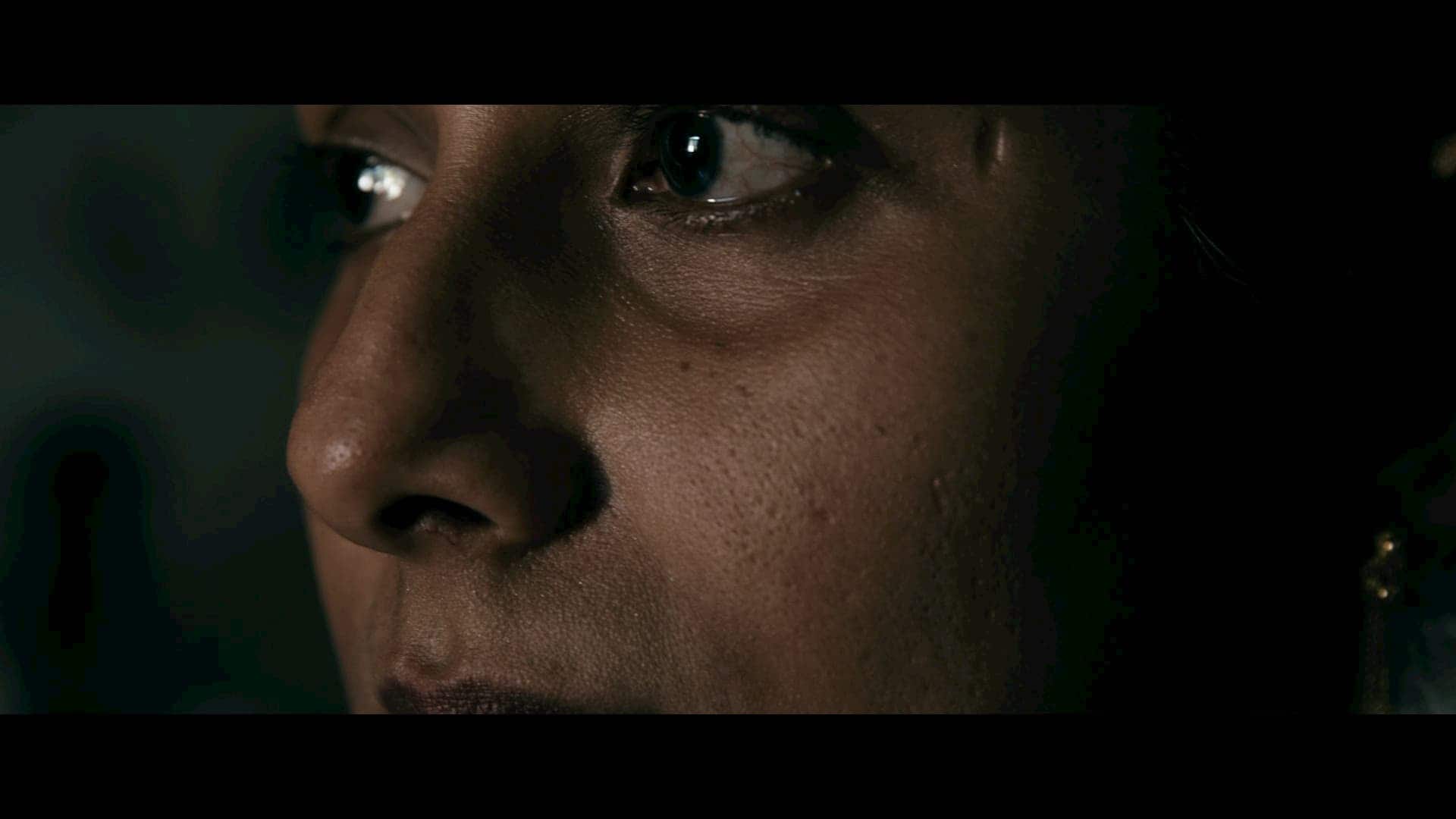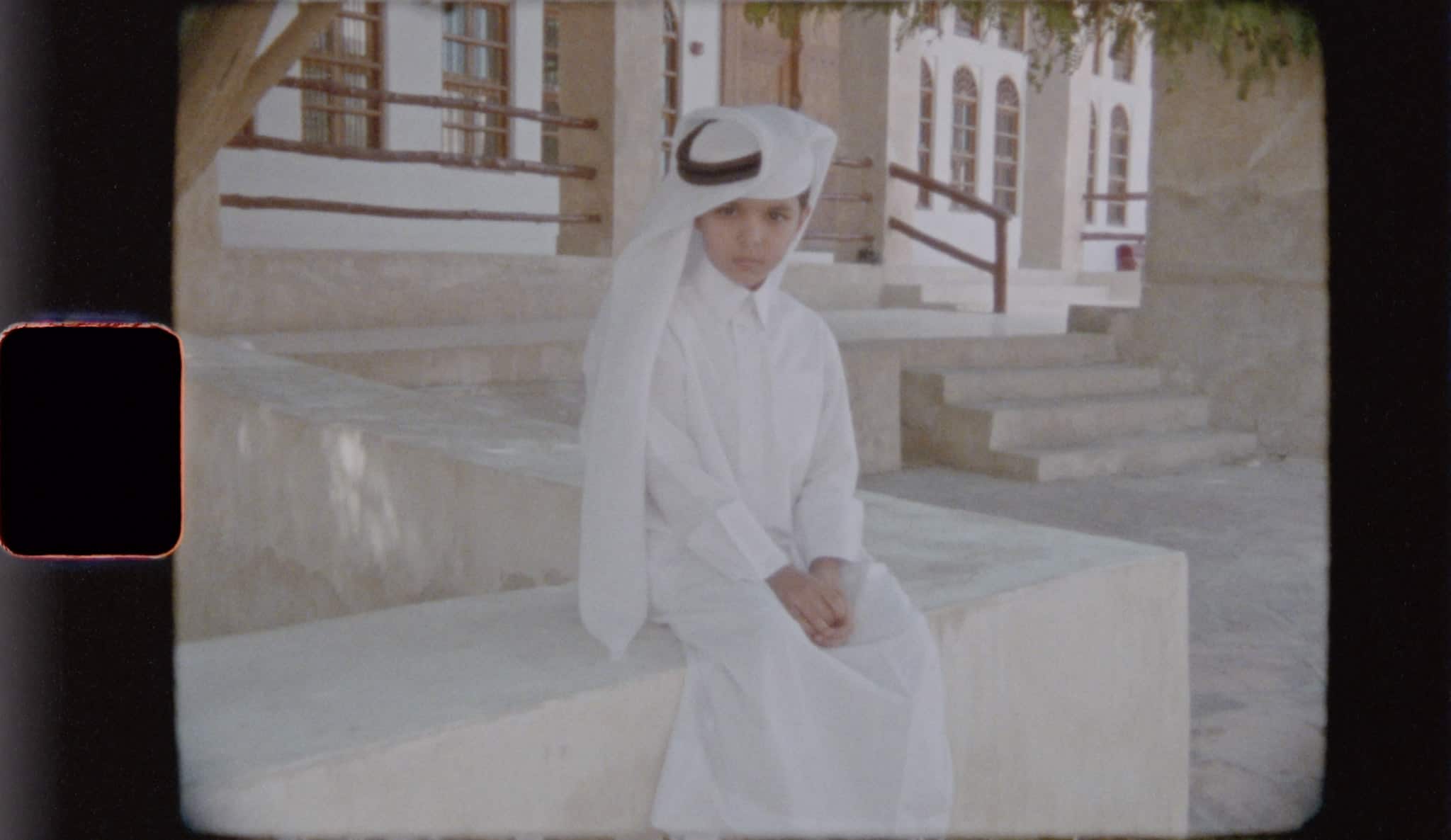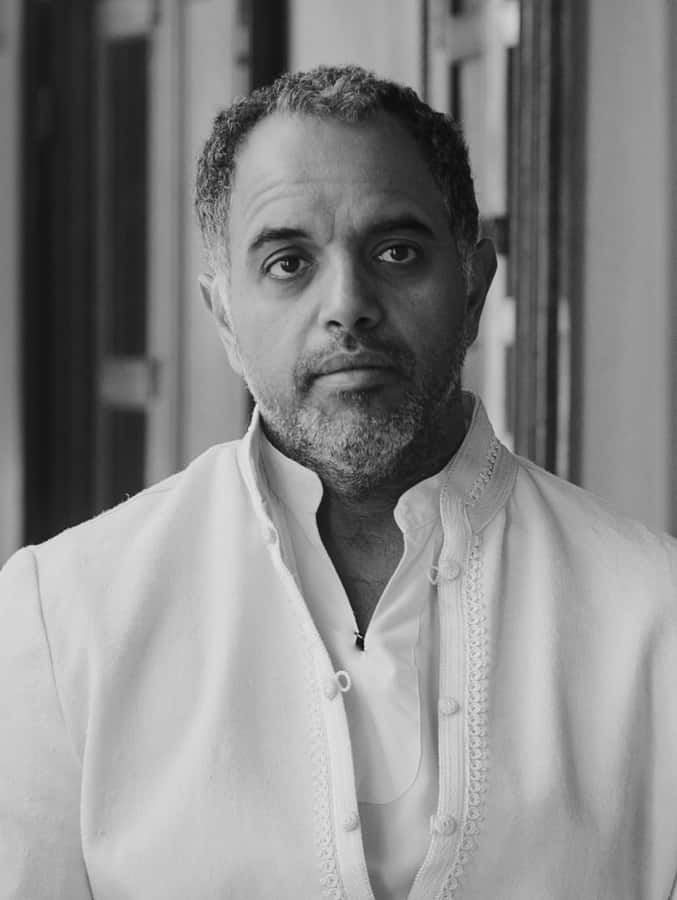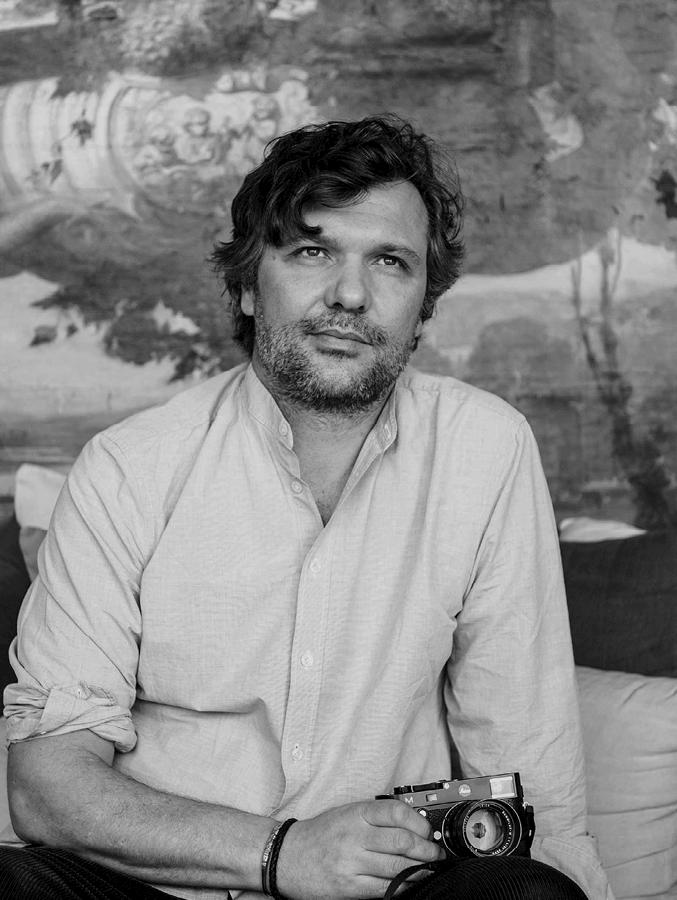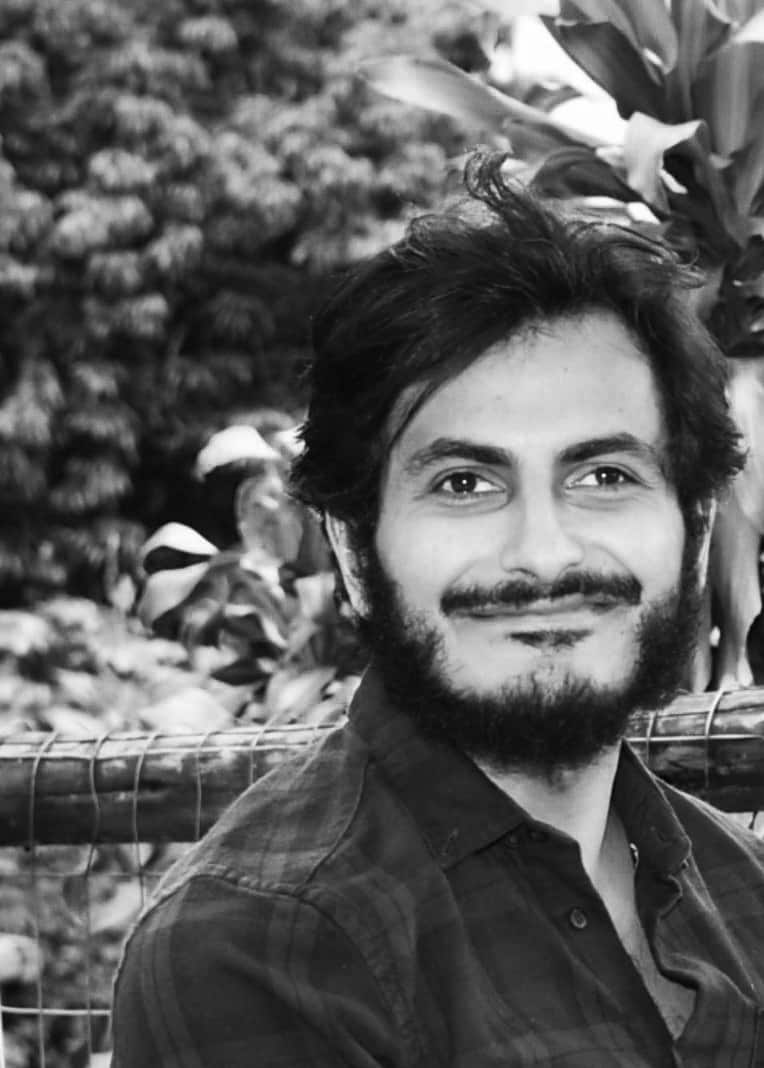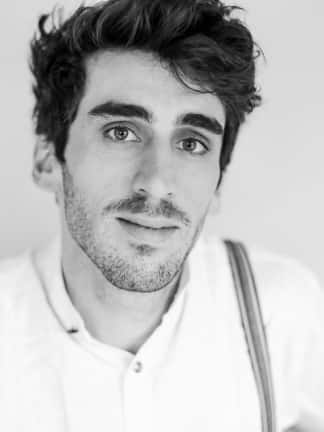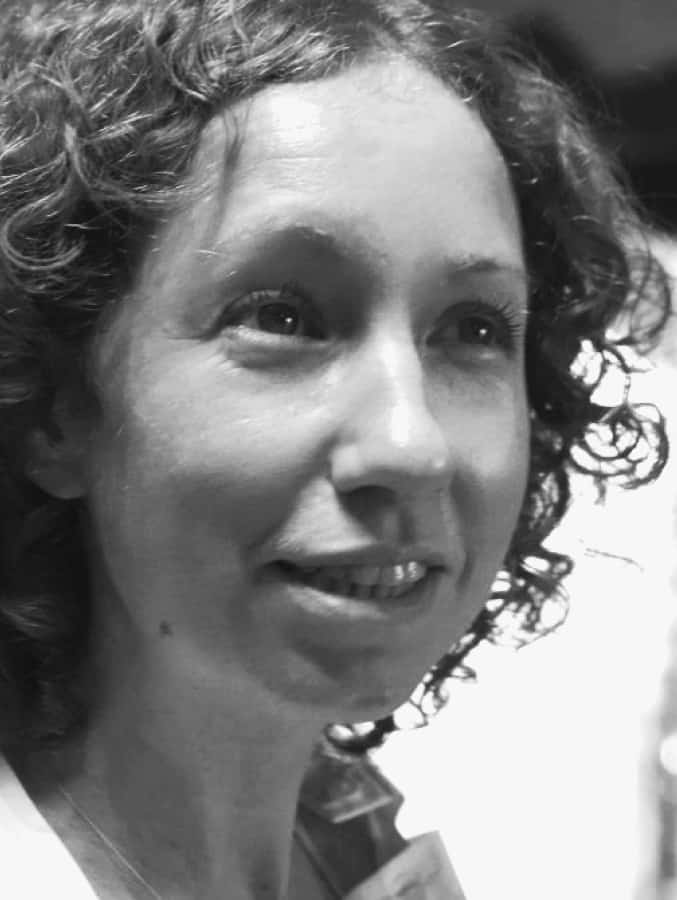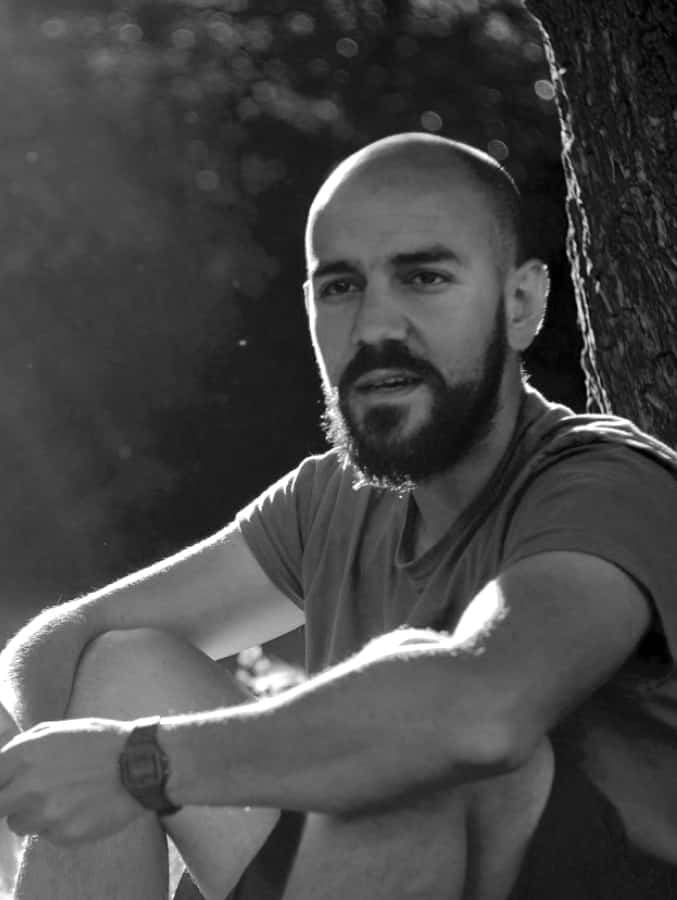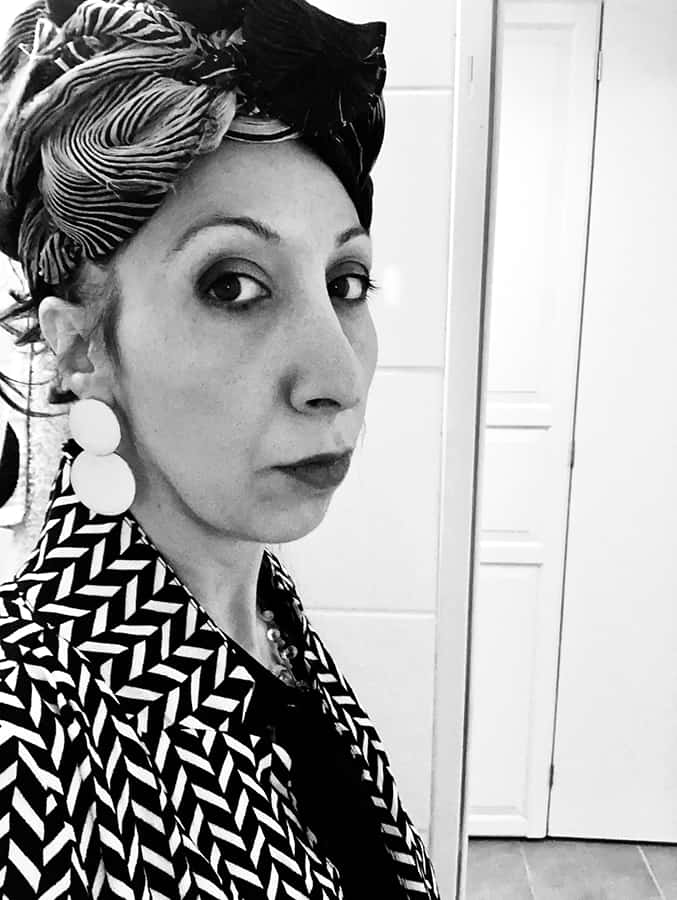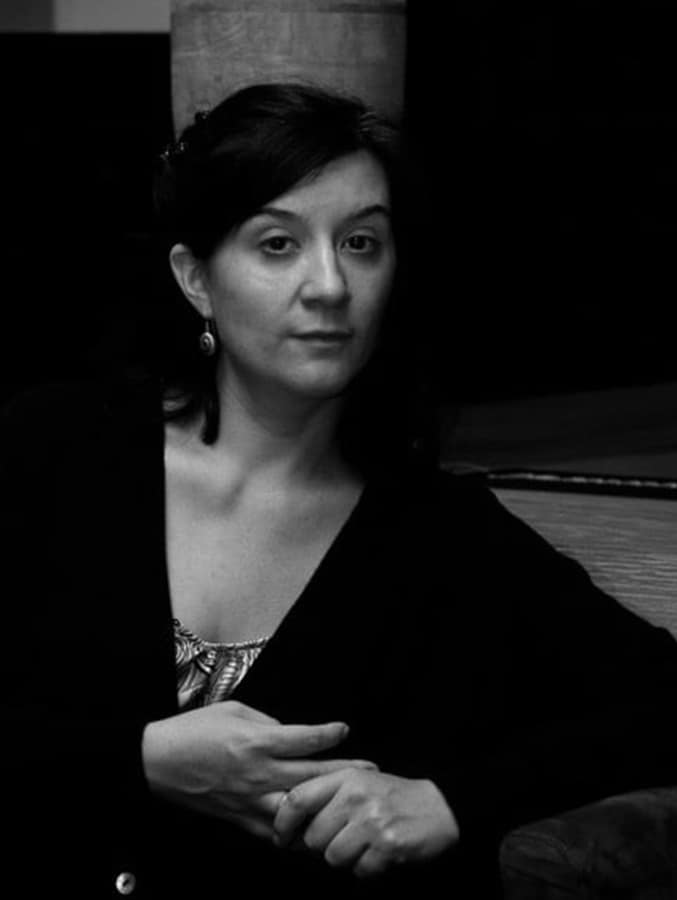In the West, advancement of material life and the alteration of everyday conduct between the 12th century and today has been described as a slow technical development complimented by the decline of the Christian consciousness. The East has quite a different relationship to progress. What Qatar has seen since the first oil can was shipped in 1949, what people have built and adjusted to is incomprehensible to the western mind. It resembles more the story of time-travel or cryogenic freezing than a so-called natural evolution of thought and behaviour over the course of several centuries.
To promote cross-cultural understanding and looking into the national identity of Qatar, Caravane is making a web series. Locals of all classes, professions, genders and backgrounds talk about dreams, responsibility, faith, anxiety, depression, anger, tradition and progress in this web series that underlines unity between people. Five radically inclusive episodes feature expatriates alongside prominent Qatari public figures reflecting the day-to-day reality of diversity. By inviting guests of the country to speak as locals, we are promoting a sense of belonging that is unique to the world.
The people living in Qatar today didn’t come to occupy the land. They came by invitation. The word “local” implies an involvement of many cultures—to harmonize people on the one hand, and to promote an atmosphere of inclusion on the other. Locals is an inclusive term, because it carries a sense of belonging. When non-nationals call themselves a local in Qatar, it allows the majority of the population to be part of the national discourse.
The central concept is one of hearing a unified voice between radically different profiles in Qatar. We make a point to shoot interviews in an environment where the person feels at home. There are no special effects or settings to our cinematography. Our goal is to see Qatar as it is and locals speaking from their hearts.
It is hard to be nostalgic. We live reliant on our memory. When the place you come back to, your so called home, in no way resembles the place you grew up in, it’s as if you’ve lost something. Still, my people are there. And they have my heritage. They carry my identity.
Caravane Earth was in Qatar from October 21 to November 02, 2019. We arrived with the objective of capturing beauty in the landscape and unity in social diversity. We conducted interviews with the widest range of people; young and old, men and women, Qatari and non-Qatari, well-off and struggling. Of the 35 interviews some are Qatari nationals, while still others come from the 94 other nationalities comprising 89.5% of the population3, all living between closed borders and the sea. With so many nationalities in one place, we became interested not in what makes them different, but what makes them the same. Our intention was to unveil the human heart of Qatar today by asking questions of love, responsibility, dreams, will, fear and anger. The result was two-fold:
- We found a uniting thread running through the country. We found the melting pot of locals to be united.
- We found that many Qatari nationals are questioning a loss of something vital as their country continues to progress. As they develop and adapt to their globalised lifestyle, they seem to be losing something.
We asked ourselves, “Could the thing that unites them be the very thing they have been losing?” The question is not where home is, but what it is. Traditionally home was transient physically, but rooted in our connection to the divine, and thus also to our connections with one another.
The directorial expression is a prism of cognitive dissonance —of having looked into the blinding sun. The series underlines stark contrasts between the skyscrapers of Doha and the desert grasses of Al Aamriya. The series is not shy in displaying all that has been gained in Qatar over the past 70 years, nor does it refrain from reflecting on that which is being lost. The series aims to witness God’s will in everyone and everything.
We’re trying to tell people outside Qatar about the phenomena that is present within the country. Qatar has one of the highest disproportionalities between native population and expat workers. Nationals and expats share the same destiny as they work collectively to achieve collective prosperity. This is a hyper-inclusive attitude. That is the basis for constructing our narrative. Despite their diversity, human beings are invited to consider themselves local.
National identity is inextricable to a culture’s survival. It is the aspect of social life that binds people, provides logic as to the meaning of life and is a thing utterly fragile. Locals.Qatar is a deep look into the challenge of preserving an Arab and Islamic identity in a place where there citizens are a minority in their own country.
What unites a Bangladeshi dhow captain, Iranian homeopathic doctor and His Excellence Abdullah bin Hamad Al Attiyah? Is it something that transcends their social status, the color of their skin and their religion? Then what is it? Their dreams and fears? Do they dream at all? What are they afraid of? Does a national identity have anything to do with fear?
Team
Contribute to This Initiative
Learn how you can support this initiative and help us bring positive change.
Explore Other Projects


